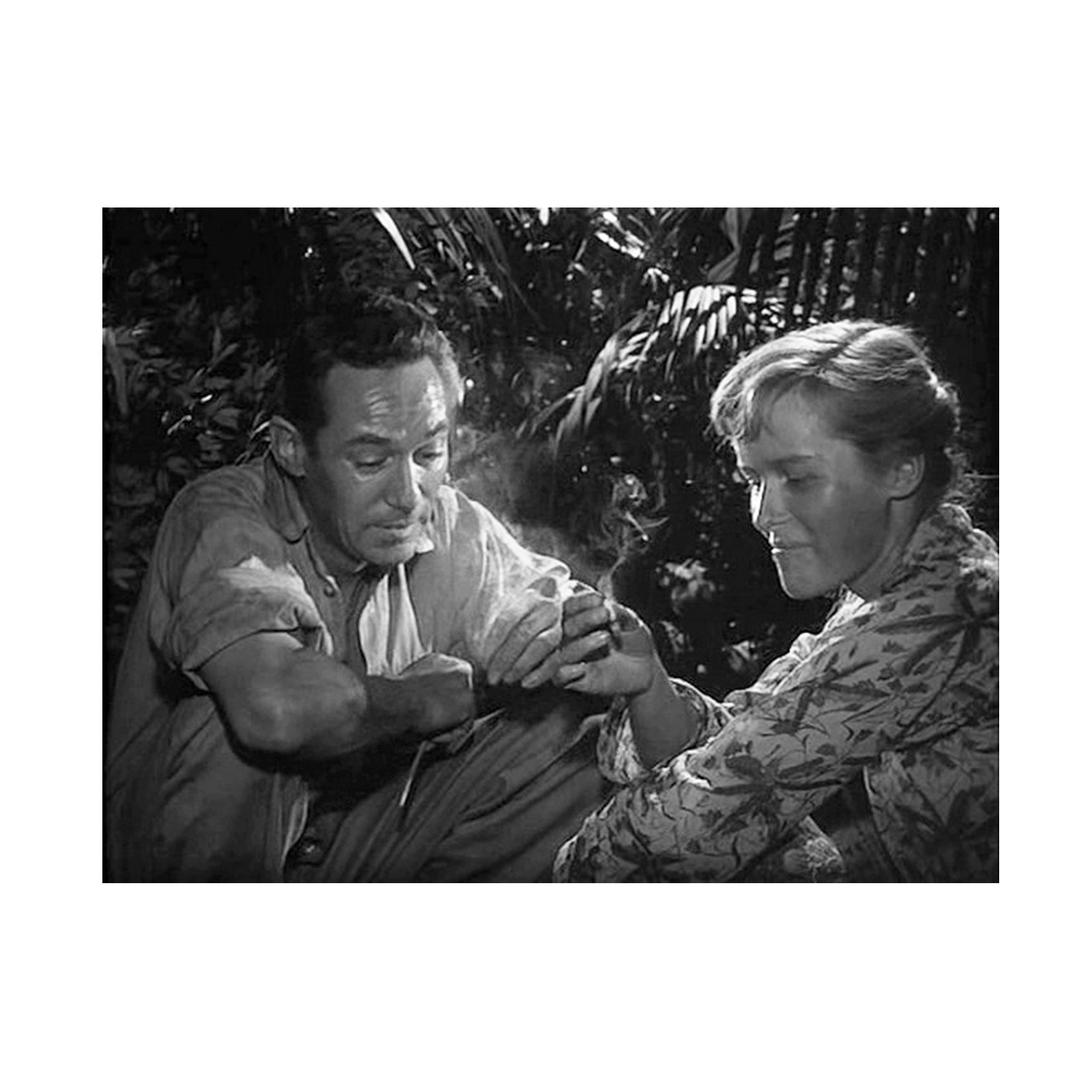

What a great storyteller Shute is! His style is oddly plain – no great poetic flourishes or literary tricks. Now that Jean has come into some money, she wants to pay the villagers back for their kindness, and so starts her new journey, first to Malaya and then all the way to Willstown, an old mining town in the outback of Australia, where she finds a new challenge on which to turn her resourceful nature. The hardier ones eventually found themselves a kind of refuge in a small village where they waited out the war. Marched for hundreds of miles around Malaya while the Japanese tried to find somewhere to leave them, illness and exhaustion was too much for some of them. The women and children were not so lucky. The men were promptly sent to a prisoner of war camp.

When the war broke out, Jean was working as a typist in colonial Malaya and, along with a group of other English people, was taken prisoner by the Japanese. Over the next few years, they write long letters to each other, and it’s from these that Strachan is now telling us Jean’s story. This brings the two together, and elderly Strachan develops a sentimental attachment to young Jean.

So when the client also dies a couple of years after the war, the money goes to his niece, Jean Paget, but with a clause that makes Strachan her trustee until she is thirty-five. But the war intervenes and, like so many young men, the nephew dies. When solicitor Noel Strachan makes a will for an elderly client, it seems straightforward – the client’s nephew will inherit all his money. War and peace, and cattle… 😀 😀 😀 😀 😀


 0 kommentar(er)
0 kommentar(er)
